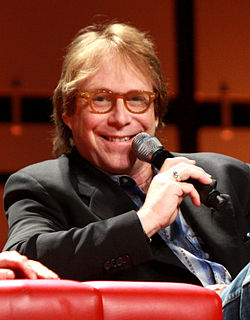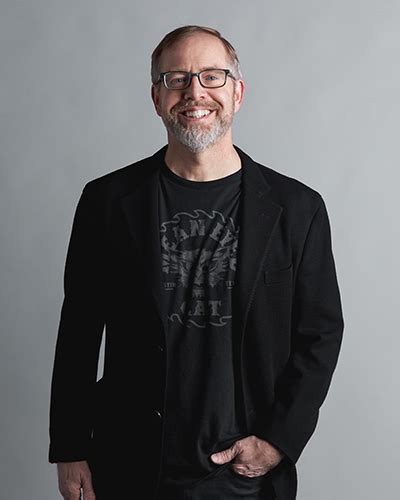A Quote by Alexi Zentner
Ezekiel Boone's books, starting with 'The Hatching' series, are meant to be big, sprawling, smart, entertaining books that are fun above all else; the literary novels written under my real name, Alexi Zentner, are certainly a little more quiet.
Related Quotes
Only idiots or snobs ever really thought less of 'genre books' of course. There are stupid books and there are smart books. There are well-written books and badly written books. There are fun books and boring books. All of these distinctions are vastly more important than the distinction between the literary and the non-literary.
To see what books were available for my older students, I made many trips to the library. If a book looked interesting, I checked it out. I once went home with 30 books! It was then that I realized that kids' novels had the shape of real books, and I began to get ideas for young adult novels and juvenile books.
The rest, with very little exaggeration, was books. Meant-to-be-picked-up books. Permanently-left-behind books. Uncertain-what-to-do-with books. But books, books. Tall cases lined three walls of the room, filled to and beyond capacity. The overflow had been piled in stacks on the floor. There was little space left for walking, and none whatever for pacing.
Parker wasn't supposed to be a series. He was supposed to be one book, and if he was only going to be in one book, I didn't worry about it. And then an editor at Pocket Books said "Write more books about him." So I didn't go back at that point and give him a first name. If I'd known he would've been a series, I would've done two things differently. First, I would've given him a first name because that means for 27 books, I've had to find some other way to say, "Parker parked the car."
A. E. Maxwell wrote one of the smartest, most consistent PI series in recent memory. Big plots, great villains, and a kickass private eye with plenty of humanity. The toughness of Robert B. Parker's early Spenser novels blended with the wry humor and scope of Ross Thomas. Wholly original, endlessly entertaining. The books of A. E. Maxwell are a forgotten treasure.
I write about the period 1933-42, and I read books written during those years: books by foreign correspondents of the time, histories of the time written contemporaneously or just afterwards, autobiographies and biographies of people who were there, present-day histories of the period, and novels written during those times.







































